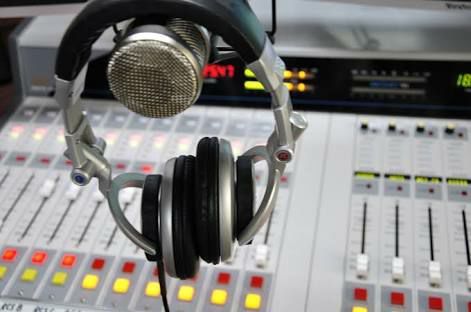Reporters Without Borders (RSF) says it is alarmed about a decline in press freedom in Nigeria, amid the suspension of 53 public and privately-owned radio stations.
The stations are threatened with permanent closure, while at least 15 journalists have been arrested, five physically attacked, in the past three months, according to RSF’s tally.
One radio station in ten now risks losing its license after the National Broadcasting Commission (NBC), Nigeria’s broadcasting regulator, carried out its threat to suspend 53 radio stations for not paying their license fees – a decision that comes amid an increase in violence against journalists and media.
Sadibou Marong, the director of RSF’s West Africa bureau said the NBC decision to suspend the licenses of more than 50 radio stations, although the operators are ready to dialogue to find long-term solutions that benefit everyone, is a deprivation to millions of people the right to news and information.
“Many media outlets operate in conditions that are precarious and sometimes threaten their safety. The authorities have a duty to remedy these obstacles to press freedom,” Marong said.
A statement issued by the NBC on August 19 listed 53 public and privately-owned radio stations that had not paid their license fees and gave them until 20 August to pay – a deadline that was subsequently extended until 24 August.
How much each station is supposed to pay ranges from 1 million to 20 million naira (2,500 to 47,000 euros or 2,400 to 50,000 USD), depending on whether it is public or privately-owned, or a community radio station.
The overall sum sought from the 53 radio stations is 2.6 billion naira (over 6 million USD).
RSF has talked to owners and managers of affected radio stations, some of whom have appealed to the authorities to reduce the license fees and say it is unfair to demand payment for five years in advance.
Others, such as Raypower Networks, the owner of Ray Power FM, have opted to enter into negotiations with the NBC.
The economic environment for journalists in Nigeria is very precarious and media are often threatened with suspension. As well as these economic difficulties, journalists are also often subjected to of arbitrary arrest and detention, and even physical violence.
Since June, at least 15 journalists have been arrested and held for up to two days on spurious grounds and, in most cases, arbitrarily.
Nigeria is ranked 129th out of 180 countries in RSF’s 2022 World Press Freedom Index

